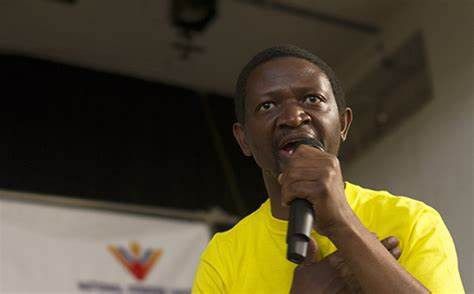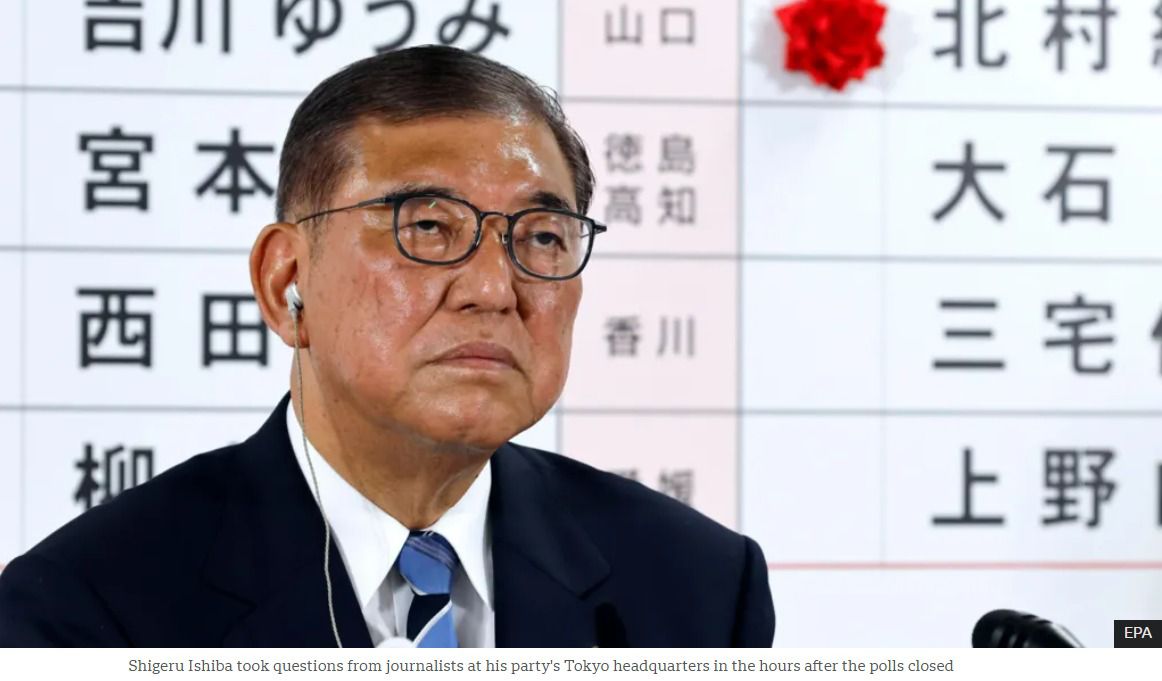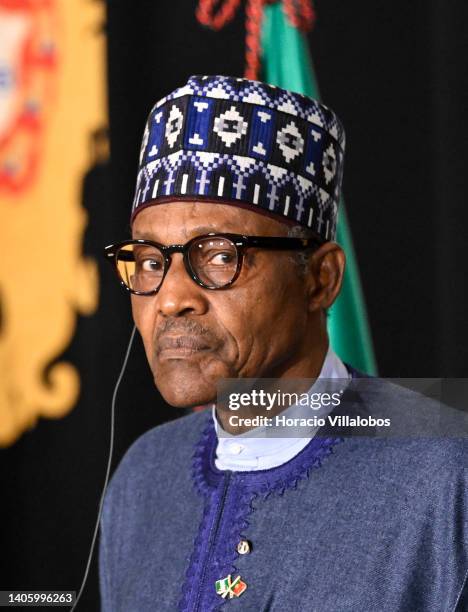HARARE — The National Vendors Union of Zimbabwe (NAVUZ) has accused the government of economic cruelty against informal workers, saying millions of street traders are trapped between what it calls “two sharp and deadly horns”: the controversial 2% Intermediated Money Transfer Tax (IMTT) and persistent police corruption.
Speaking at a press conference in Harare on Wednesday, NAVUZ chairperson Sten Zvorwadza slammed Finance Minister Professor Mthuli Ncube for ignoring a formal appeal from the union sent on March 10.
“That letter (sent to Finance Minister Professor Mthuli Ncubeon March 10) was not symbolic. It was a declaration of pain and a desperate call for relief,” Zvorwadza said. “Three weeks later, it has been met with nothing but silence — a silence that is not neutral. It is abandonment.”
Zvorwadza said the informal sector, which supports more than six million Zimbabweans, is being bled dry by the 2% tax while they are also targeted by corrupt law enforcement officers.
“We are taxed by the state during the day, and extorted by rogue ZRP and municipal police officers at night,” he said. “This is not just a policy crisis; it is a crisis of conscience.”
Zvorwadza alleged that for the past year, rogue police officers have been charging vendors US$10 per arrest and issuing fake receipts to pocket the money.
He said he had raised the issue with former police chief Godwin Matanga and had since written again to current Commissioner General Stephen Mutamba.
“They confiscate goods, demand bribes, and destroy dignity. How long shall a woman selling vegetables be the government’s cash cow and the target of harassment?” Zvorwadza asked.
A vendor who identified herself only as Mai Chakwera shared her ordeal with reporters. Operating from Julius Nyerere Way, she sells airtime and seasonal items.
“Each time I’m arrested, I have to pay a bribe to get my goods back. If I don’t, I lose everything,” she said. “Sometimes they ask for US$5, sometimes US$10. I can’t complain to the police because I’m afraid they’ll come after me.”
Zvorwadza also tore into the 2% IMTT, calling it a “corrupt tax” that punishes ambition and deters financial inclusion.
“You make a profit of 50 cents, and you’re taxed. You make a dollar, and still you’re taxed. This tax does not lift people out of poverty — it locks them into it,” he said. “It’s financial exclusion disguised as formalisation.”
He cited examples of Kenya, Tanzania, and Ghana, which reversed similar policies after public outcry, and questioned why Zimbabwe is “the last to learn and the first to make its people suffer.”
NAVUZ is demanding a public response from the Ministry of Finance to their March 10 letter and the immediate scrapping of the 2% IMTT on informal sector transactions.
The organisation is also calling for a formal meeting between NAVUZ and the Finance Ministry and also a public inquiry into police corruption targeting vendors.
“If the government does not hear us in Parliament or in its corridors of power, it will hear us in the streets, in the markets, and in the hearts of citizens who know this injustice must end,” Zvorwadza warned.
Kukurigo Updates











